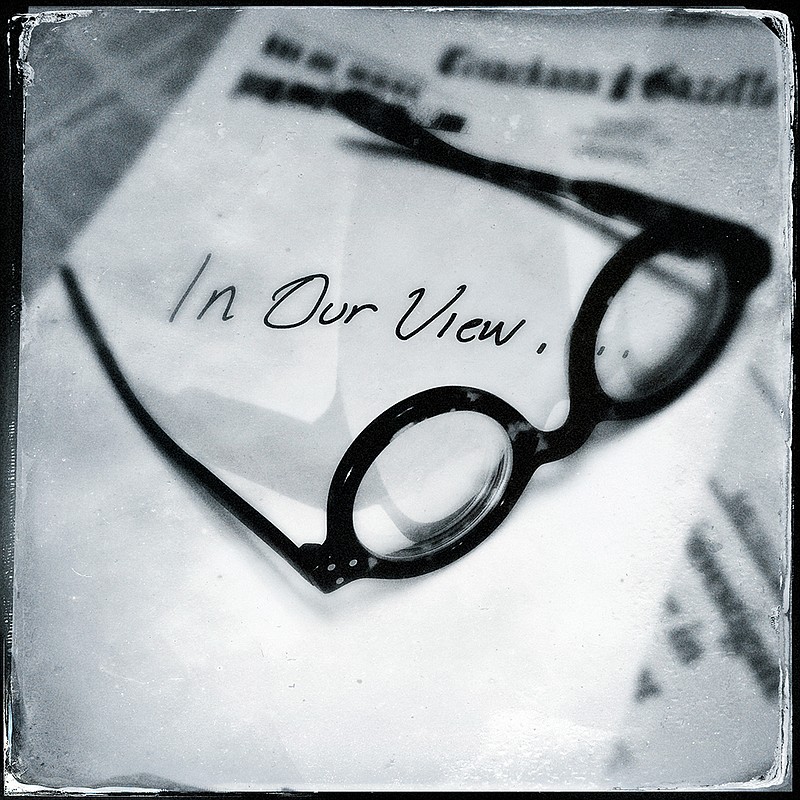Fifteen of the 19 hijackers who carried out the terrorist attacks on this country on Sept. 11, 2001, were from Saudi Arabia.
Saudi officials have long denied any connection to the murderous attacks and the U.S. investigation into 9/11 could find no official link.
But the Middle East kingdom's dominant form of Islam is Wahhabism, an ultraconservative sect of Sunni Islam that counted Osama bin Laden, himself a Saudi national, among its adherents. The Saudi monarchy has had to walk a fine line with Wahhabism for most of its existence. And while the sect's role in Saudi affairs is said to have diminished since 9/11 and a rash of al-Qaida attacks within the kingdom itself, Wahhabism still plays a major role in Saudi religious life, governing public behavior, dress and other matters.
That has led many to believe Saudi Arabia provided at least some support to the 9/11 attackers and to other acts of terrorism.
The Justice Against Sponsors of Terrorism Act would give the families of those killed in the 9/11 attacks the right to proceed with a lawsuit against the Saudi government for damages.
Introduced by U.S. Sen. John Cornyn, R-Texas, it passed the Senate in May and the House last month. But President Barack Obama vetoed the legislation on Sept. 23.
The reason for the veto? The White House said the legislation would erode sovereign immunity and could expose the U.S., its citizens and business interest abroad to retaliatory legal action. But that's not the last word.
On Wednesday, the Senate, for the first time, voted to override a veto by President Obama. And it was an overwhelming vote, 97-1, with two senators not voting. The House moved to override later that day by a vote of 348-77.
No doubt the override will be popular with voters. But will passing this bill actually accomplish anything for the families of terror victims?
Unlikely. Saudi Arabia has already said it would begin drawing down U.S.-based assets, leaving the U.S. courts little leverage to enforce any judgment. And since the U.S. is, as many observers have noted, more involved in foreign countries than any other nation, any grievance against U.S. troops, personnel or contractors could results in legal action.
The principle of sovereign immunity- which means in most cases countries cannot be sued by other nations or their residents-has protected our citizens and diplomats abroad for a long time. It would be a mistake to abrogate the principle just to score political points.
Like it or not, the president was right to veto this bill. It's a mistake to override that veto, even though that's exactly what Congress did.

